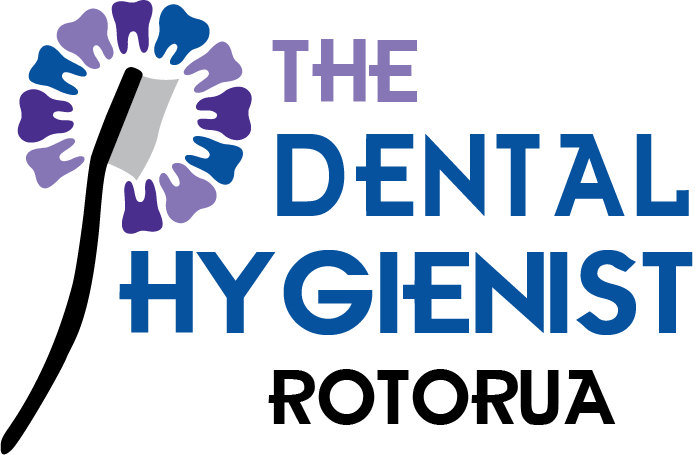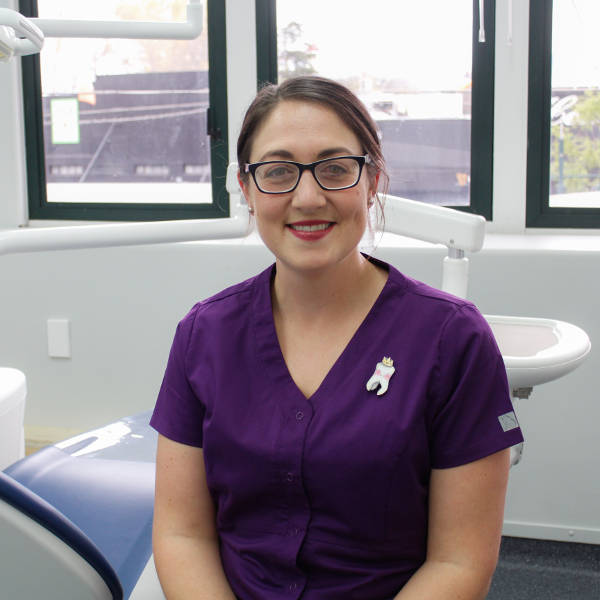Treatment is needed to get rid of gum diseases
If you are experiencing bleeding gums, you have a gum disease and it will not go away on its own without treatment. Healthy gums don’t bleed when brushing and flossing.
Two of the most common gum (or periodontal) diseases are Gingivitis and Periodontitis.
Bleeding, red and swollen gums - Indications of Gingivitis .
Gingivitis is an inflammation of the gums that is restricted to the top of the gums. It can be recognized by bleeding when brushing, red and swollen gums, spontaneous bleeding and smelly breath. Luckily, gingivitis is a disease that can be treated and heal completely. However, prevention is better for your overall health.
Periodontitis can cause permanent destruction of bone and tissue.
Periodontitis on the other hand can be much more severe. A chronic periodontal inflammation can damage the ligaments and structures that support and hold the teeth in place. The destruction of bone and tissue caused by Periodontitis is unfortunately irreversible. Once these ligaments are damaged and lost, they will not grow back. This gum disease can have little to no symptoms and is generally a slow-moving disease. It is therefore common that people are unaware that damage is occurring until they start to feel their teeth becoming mobile.
It is possible that these two diseases occur together. They both require treatment to be able to heal and prevent from further damage or reoccurrence.
Oral Cancer and other abnormalities.
An oral cancer screen and a check for other abnormalities is also included in every visit. We check over your hard and soft tissue throughout the head and neck, looking and palpating for any abnormalities. As with any cancer, it is important to detect and treat it as soon as possible. Therefore, it is extremely important to have regular oral screens.
At The Dental Hygienist we can identify gingivitis, periodontitis, oral cancer and other oral abnormalities. We treat a number of these diseases in our clinic. If special care and treatment is needed, we refer you to an appropriate specialist.

